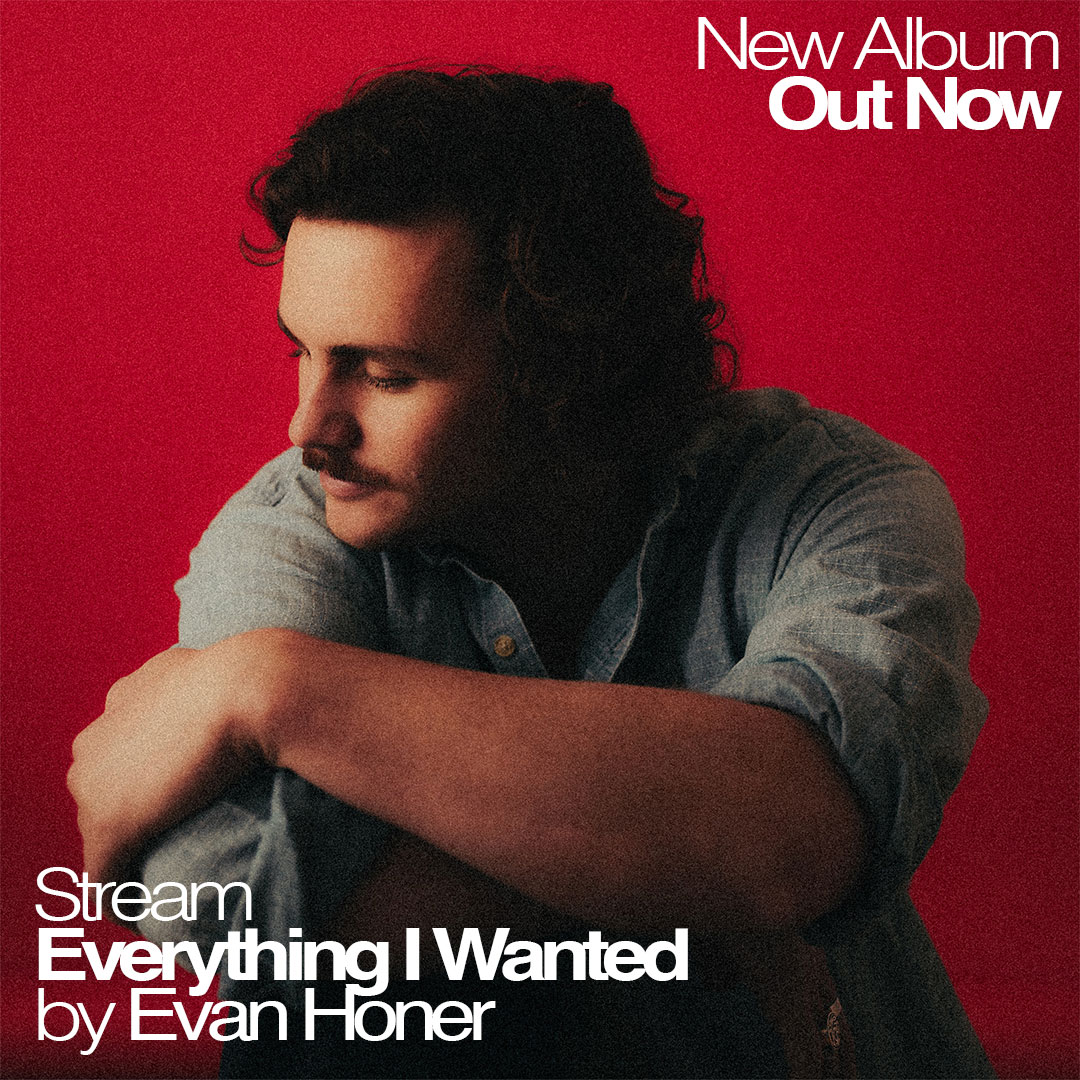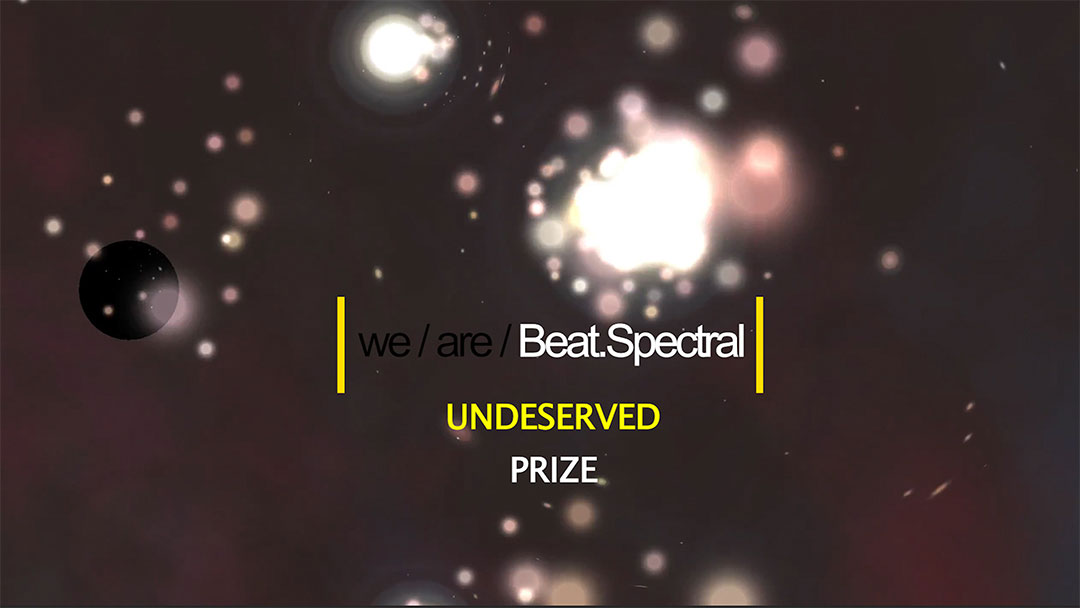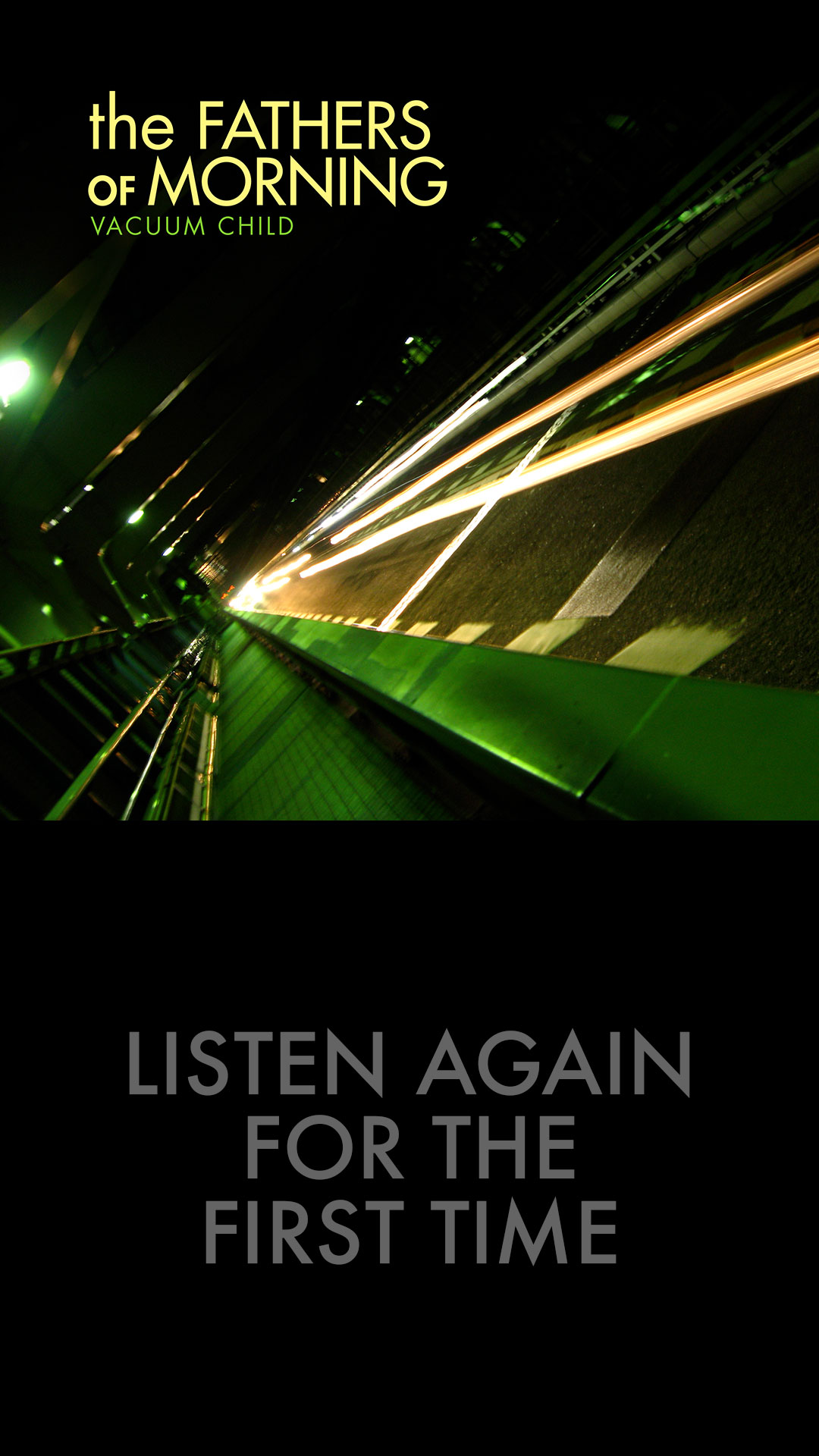Nothing did more to further the cause of Alternative Nation-building than 120 Minutes, MTV’s Sunday-night video showcase of non-mainstream acts. For nearly two decades, the program spanned musical eras from ’80s college rock to ’00s indie, with grunge, Britpop, punk, industrial, electronica and more in between. MAGNET raids the vaults to resurrect our 120 favorite and unjustly forgotten videos from the show’s classic era.
#29: Urge Overkill “Sister Havana”
Traitors to indie rock, abusers of drugs and alcohol, rank poseurs in leisure suits: Urge Overkill had a lot going for it in 1993, the year the Chicago band jumped from indie label Touch & Go (and engineer Steve Albini) to major label Geffen (and Cypress Hill producers the Butcher Bros.) for fourth album Saturation. Albini called Urge Overkill “wieners in suits playing frat-party rock,” and maybe he’s right. Rumors circulated that the members of Urge Overkill didn’t even play their own instruments on Saturation. The 1995 follow-up to Saturation flopped, the drummer got arrested on drug charges, and in the end, the band will be most remembered for covering a Neil Diamond song (“Girl, You’ll Be A Woman Soon”) featured in Pulp Fiction. UO screwed itself sideways, but we’ll always have the Marshall-stack greatness of “Sister Havana.”














4 replies on “120 Reasons To Live: Urge Overkill”
Urge Overrated. Never quite understood the fascination with this band when they were popular. Albini was right, as usual.
Saturation is a great album as well as the Touch & Go year. Agree about Exit the Dragon, huge waste of time on their part and on mine when I gave it a second listen.
Fantastic band. Now that 1993’s notion of what “serious artists” should sound like is moot, Urge Overkill are ripe for rediscovery… or would it be “discovery”, since most people weren’t listening the first time around?
Saturation is a start to finish damn good rock record. It’s more in vein with 70s rock like Thin Lizzy, UFO and if they had added an organ Deep Purple, which if totally fine with me. By ’93 the “alternative” was so mainstream Urge was becoming the alternative, albeit a familiar one, but big rock riffs and melodic chorus’ never go out of style, despite what the taste-makers might tell you.